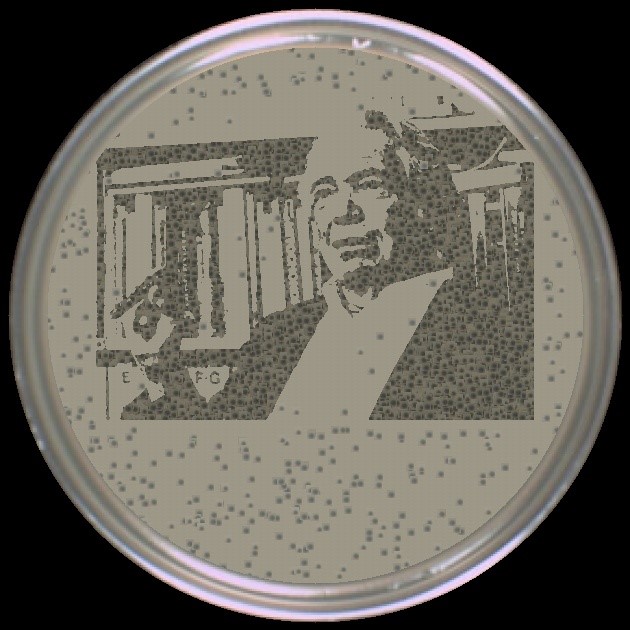Major ideas in quantitative microbial physiology: Past, Present and Future
The Carlsberg Academy
Regarding the covid test:
To reduce the risk of COVID-19, we ask all participants to have a fresh negative result from an antigen or PCR test when you arrive at the meeting venue. Self-test or any form of the test is sufficient. If possible, please do the test on Monday morning, otherwise the day before. The venue staff will also be tested, and self-test antigen kits will be made available to all participants at no cost at registration. We also ask that you don’t show up to the meeting if you are experiencing symptoms. Up-to-date information on the rules and regulations in Denmark can be found at https://en.coronasmitte.dk/.
Aim of the meeting
Copenhagen was the birthplace of modern quantitative biology, with the University of Copenhagen as the home of Ole Maaløe’s laboratory. Maaløe and his colleagues made seminal discoveries on the control of bacterial growth as early as the 1950s. Their approach was refreshingly modern, integrating both analytical and quantitative thinking and experimentation. When the new era of molecular biology started in the mid-1970s, Ole Maaløe was again among the most highly regarded pioneers, attracting the world’s brightest minds for conferences and sabbaticals in Copenhagen. Since then, an explosion of molecular insights has occurred across the entire field of biology, starting in bacteria and yeast. For the past decade, quantitative microbial physiology has enjoyed an exciting renaissance, thanks to researchers from physics, engineering, and mathematics once again teaming up with biologists to discover fundamental principles underlying cellular function. In our view, the field has reached a favourable maturation point where the time is ripe to unite what was learned by the early pioneers with recent advances in molecular and quantitative biology to understand what the future may bring for this highly interdisciplinary field. We thus propose to bring together three generations of researchers who have brought about the major developments in each period of microbial physiology and molecular biology. The aim of the meeting is to support the burgeoning synergy of the international research community by illustrating historical as well as state-of-the-art integrated multidisciplinary approaches to understanding molecular and cellular strategies of unicellular life forms. We cannot envision a better place to achieve this goal than in Copenhagen, the cradle of quantitative microbial physiology.
The meeting is supported by Novo Nordisk Foundation.
Invited Speakers
- Nathalie Balaban (Hebrew University of Jerusalem)
- Shila Banerjee (Carnegie Mellon University)
- Tanneke den Blaauwen (University of Amsterdam)
- Johan Elf (Uppsala University)
- Susan Gottesman (National Cancer Institute, NIH)
- Mathias Heinemann (University of Groningen)
- Terence Hwa (UCSD)
- Achilles Kapanidis (University of Oxford)
- Tsutomu Katayama (Kyushu University)
- Roberto Kolter (Harvard University)
- Ákos Kovács (Technical University of Denmark)
- Petra Levin (Washington University)
- Gene-Wei Li (MIT)
- Jens Nielsen (BioInnovation institute)
- Seungeun Oh (Harvard Midical School)
- Søren Molin (Technical University of Denmark)
- Steen Pedersen (University of Copenhagen)
- Teuta Pilizota (University of Edinburgh)
- Yuichi Wakamoto (University of Tokyo)
Special Guests
- Tove Atlung
- Steve Cooper
- William Donachie*
- Flemming Hansen
- Elio Schaechter*
- Conrad Woldringh
- Arieh Zaritsky
and more... (*TBC for virtual attendance)
Meeting organizers
|
 |
-The meeting is fully sponsored by the Novo Nordisk Foundation. There is no registration fee and participation includes catering during the conference hours as well as a conference dinner on June 13. General participants need to cover their own travel and accommodation.
- The participants will be selected based on their motivation statement. For detail, please refer to the registration form (link in the menu to the left). The registration closes on Feb 15 2022.